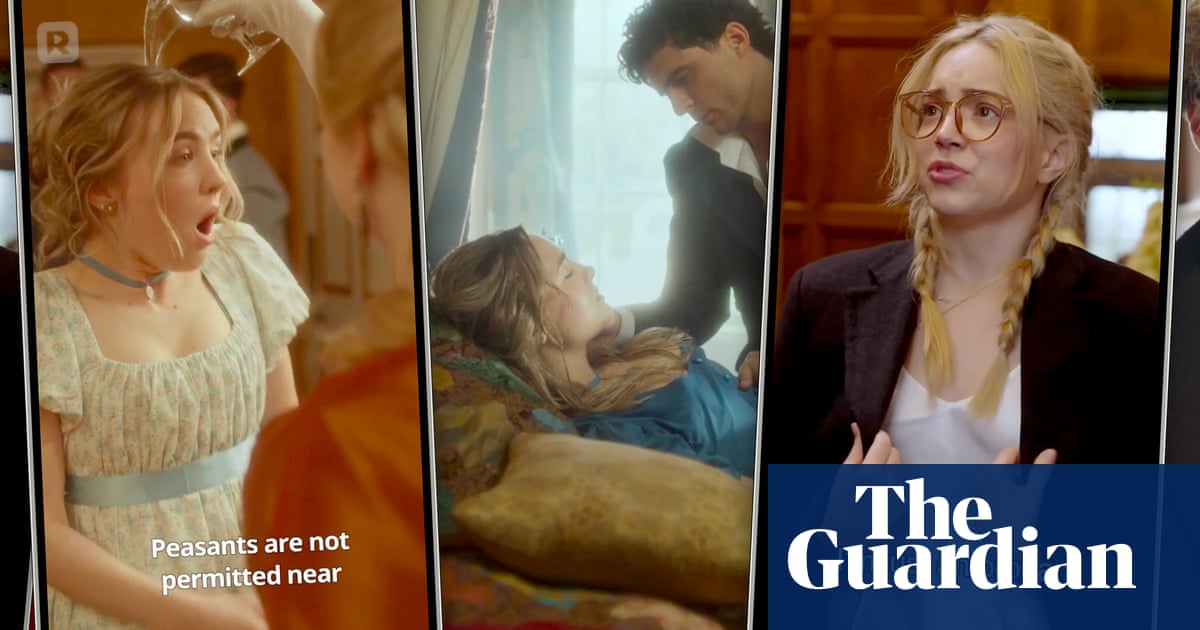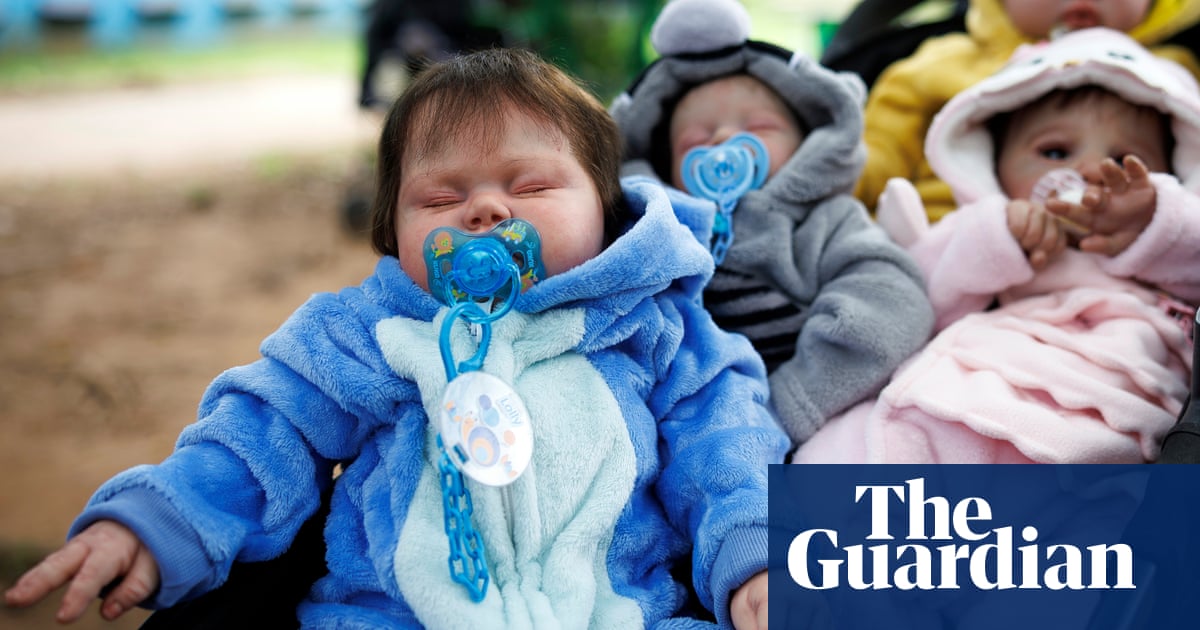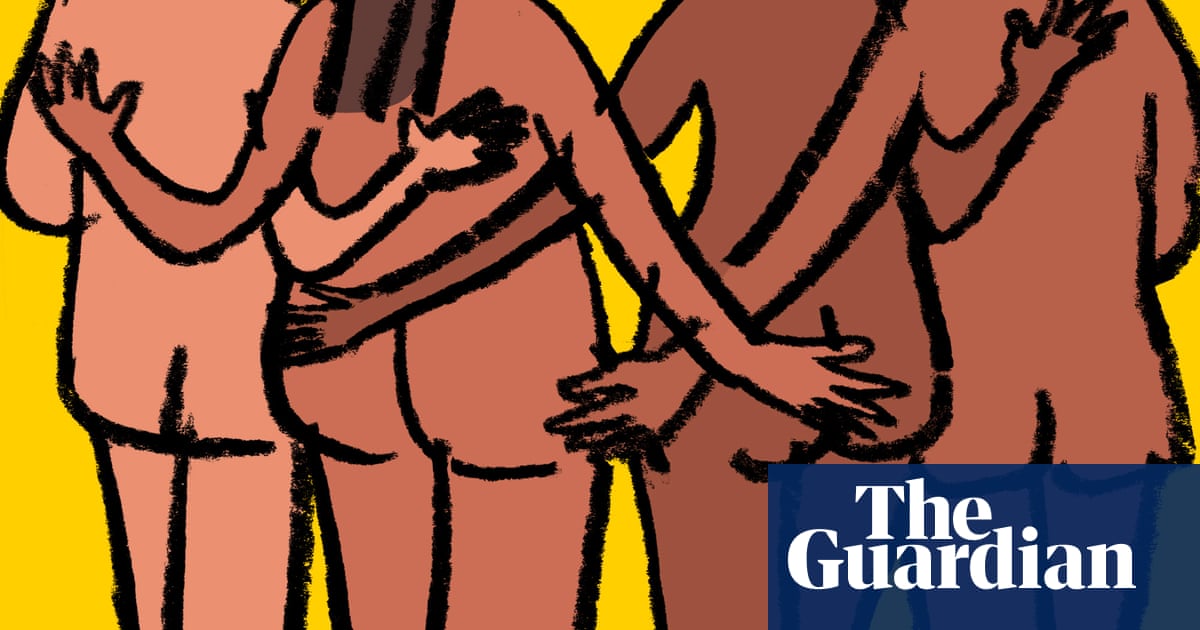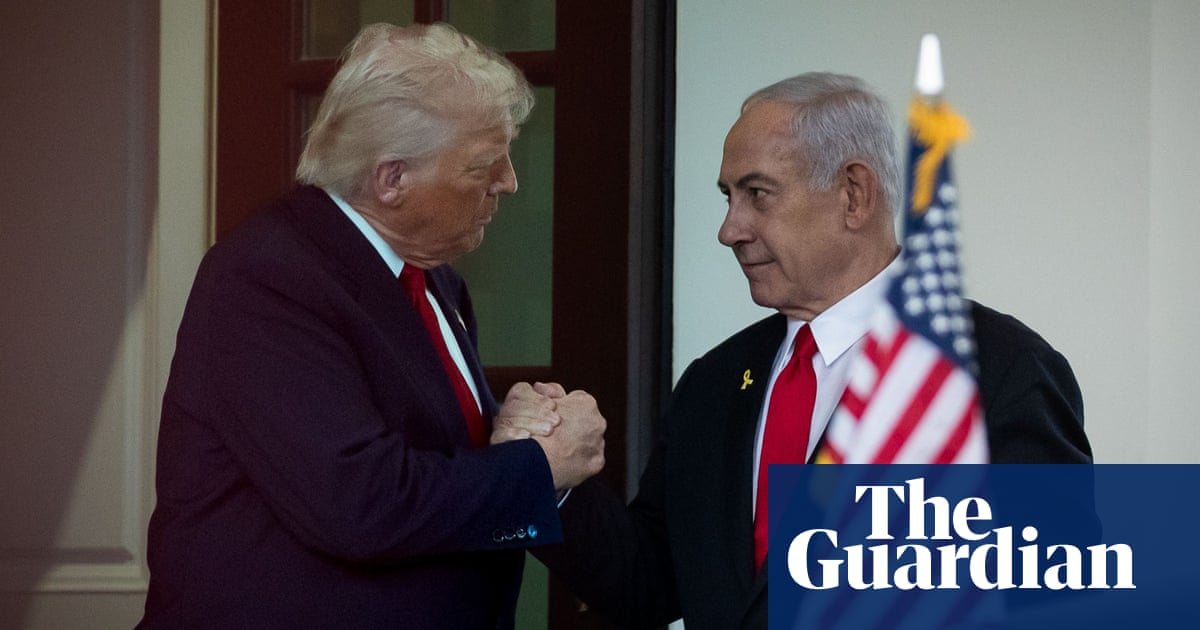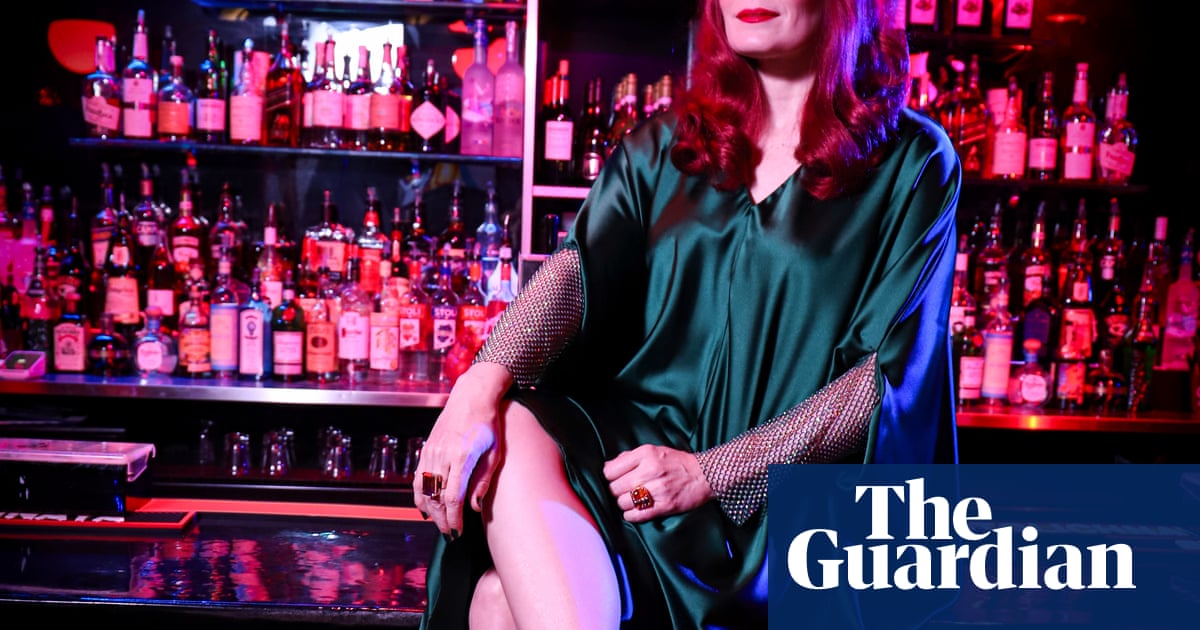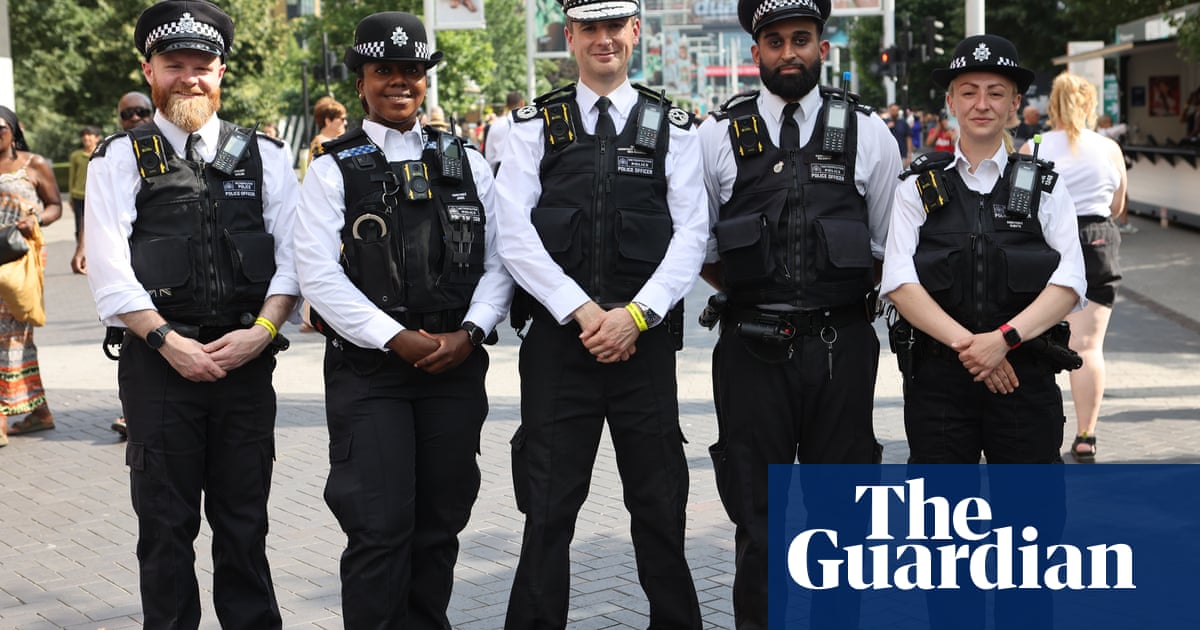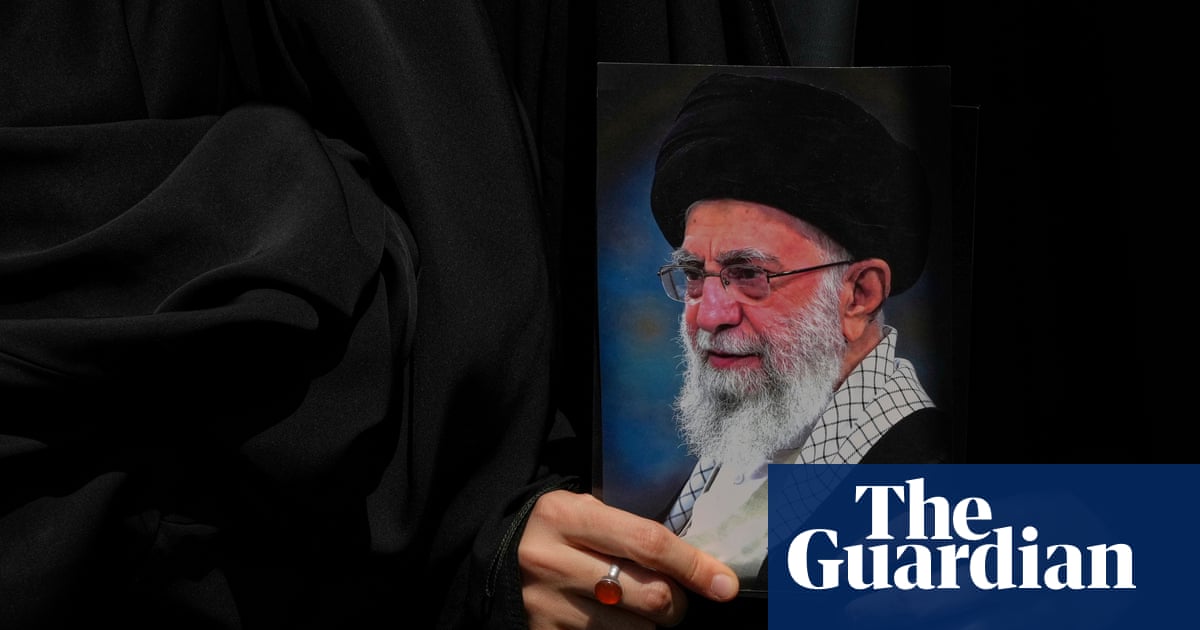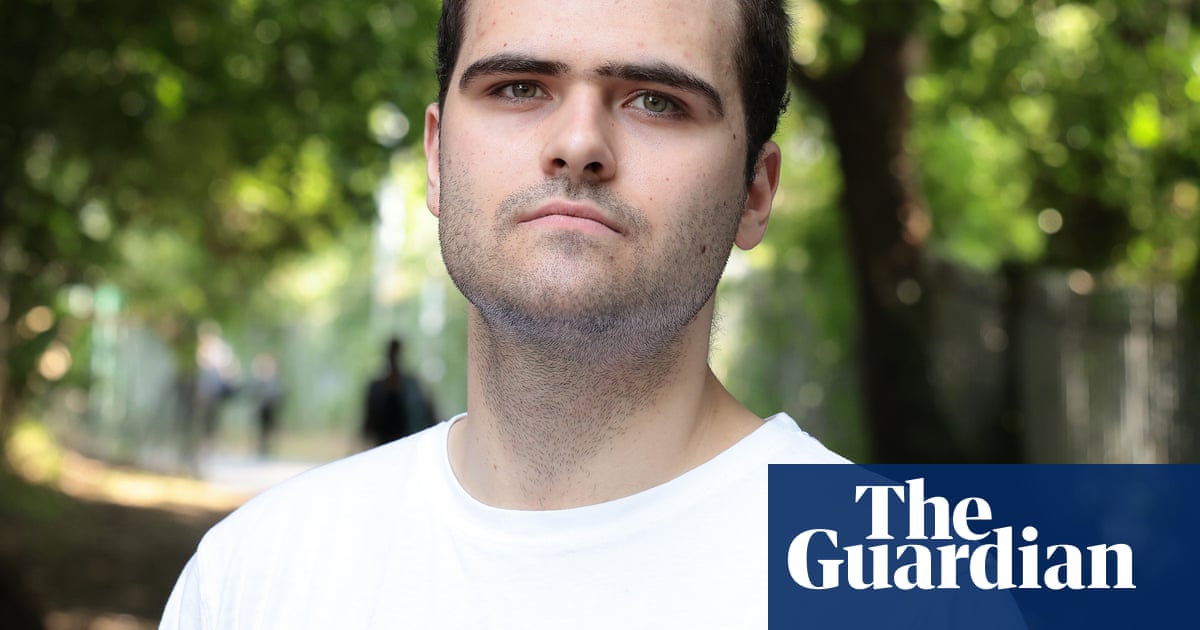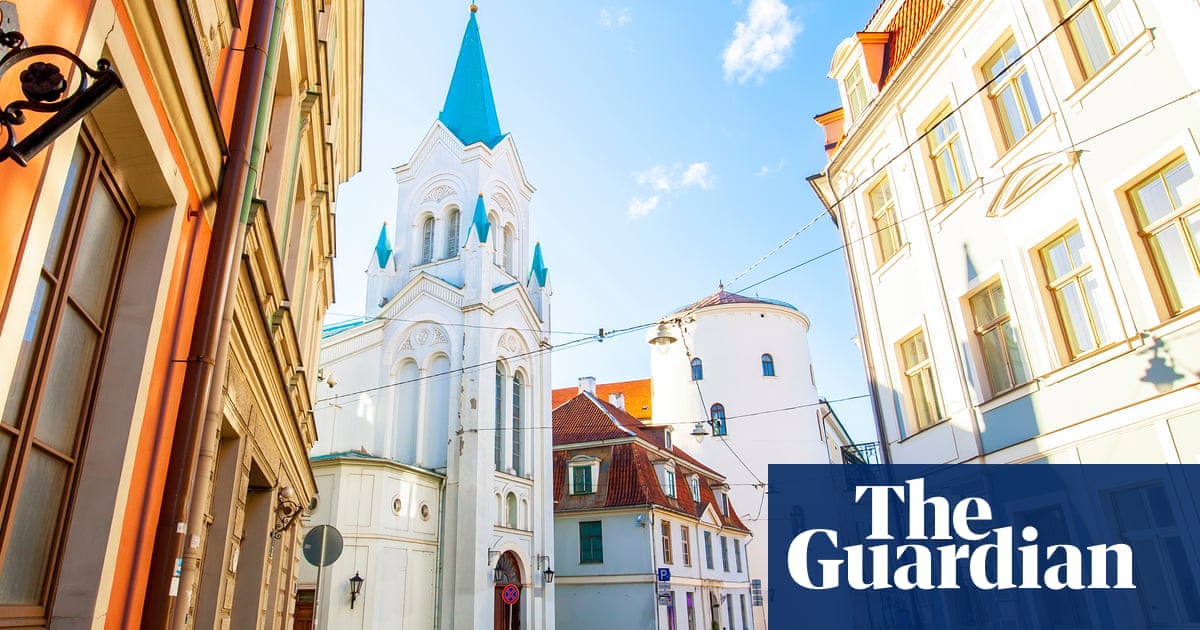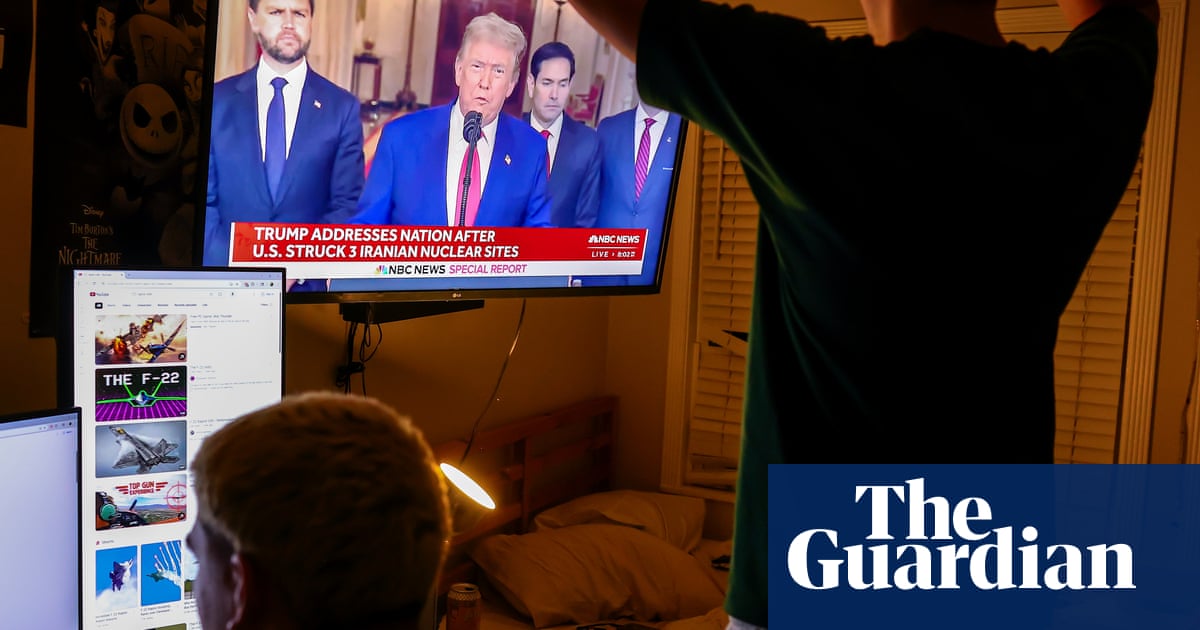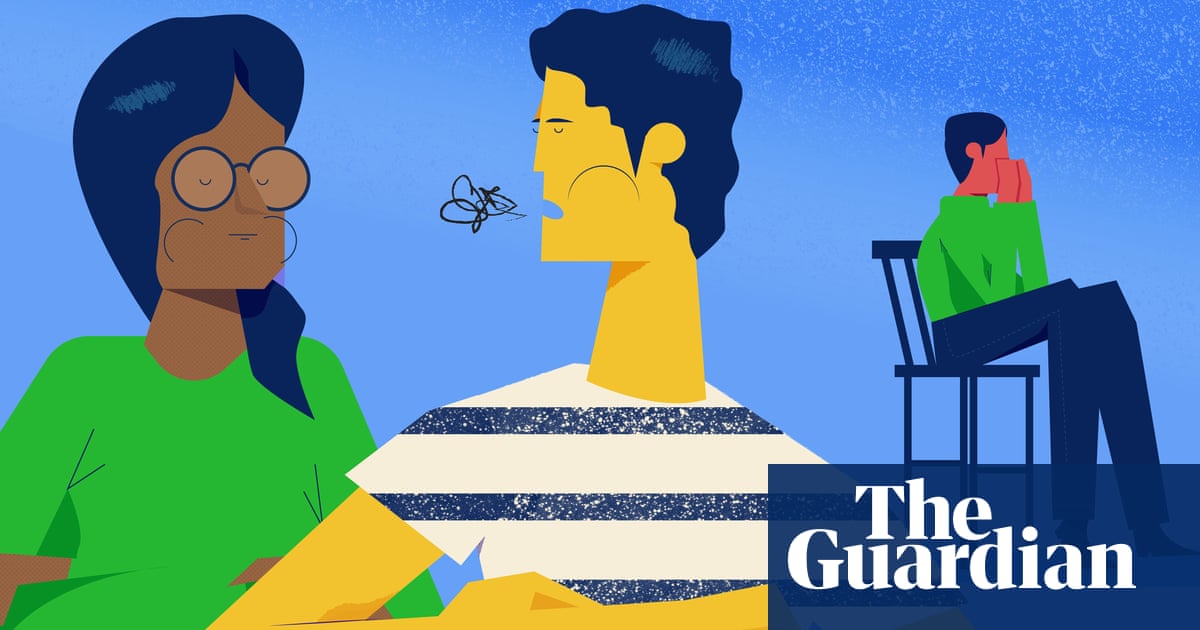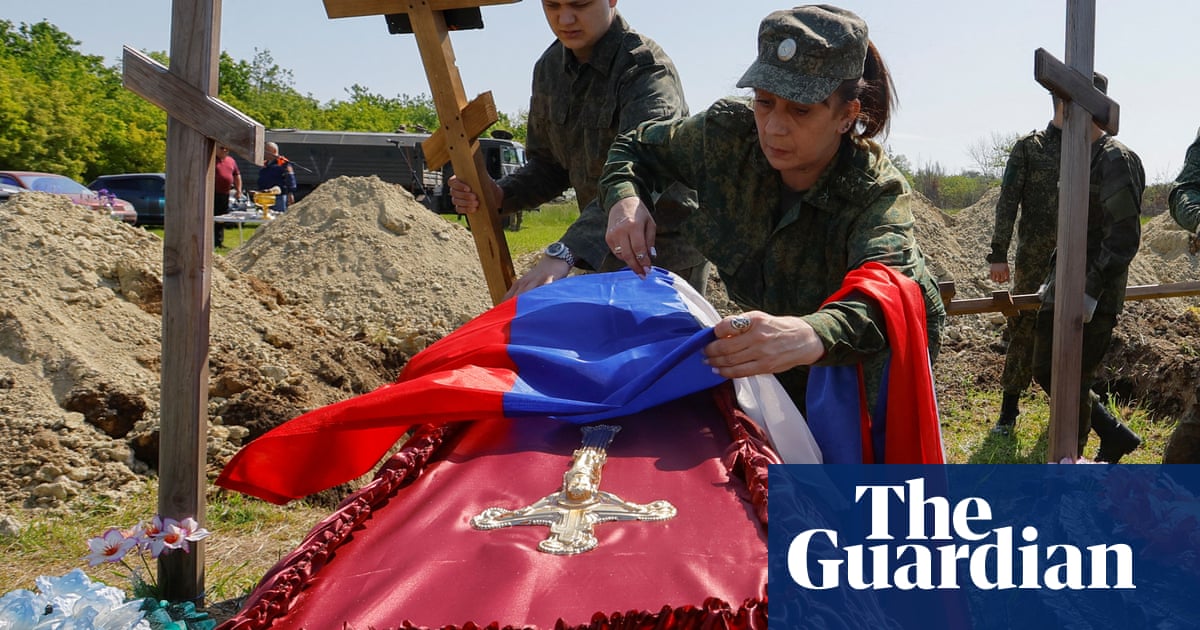We knew it was coming. The camping trip when the kids would be up later than the parents, adult ears tuned in not for tears and temperatures but for tent zips flicking up and down at midnight, our alcohol audited and phone trackers at hand.
This past Easter weekend, it arrived. The count was the same: 11 adults, 14 kids. The destination was new, but not unusual. A classic Australian campground – powered sites, a well-worn kitchen and a toilet block with a code it takes days to remember. A tepid, kidney-shaped pool and a sandy track to a beach stretching away in all directions.
But everything is different. The babies that brought us all together are now 15 year olds, spread out at different high schools across two states. They don’t “go down” at 7pm, leaving the parents to barbecued meat, red wine and chocolate.
These gangly teenagers were once babies in arms at a mothers’ group meeting in a strip-lit shopping mall in eastern Sydney. Back then there were 22 or so wild-eyed, anxious new mothers sitting in a circle on hard Formica chairs, working up the nerve to go first about sleep schedules and shredded nipples and poo.
All the questions were really the same question: Is this normal? Because none of it felt normal at all.
Six women from my mothers’ group have been camping together every Easter for 10 years. New humans have been born during that time and now trail around after the “big kids” on scooters, skateboards and with bare, sandy feet.

And a lot more has changed too. In the baby days, we’d been thrown together because we lived in the same two postcodes. Now one family flies in from Tasmania and my lot drive from the small regional town we moved to four years ago. One marriage has ended. Many jobs have been traded. There has been illness and loss and diagnoses. There have been years where someone was pregnant. Years when someone was injured. Years when someone was on the edge of a nervous breakdown (my hand is up), years when marital relations at the camp have been strained.
And yet we keep coming back, on one of the very best weekends of the year, watching our glorious, giant children, mostly towering above us now, reintroduce themselves.
Not everyone from the original mothers’ group stayed entirely bonded. Although there were no major explosions or fractures, the bubble of early motherhood pops and splits in many directions. Families moved out of the tiny units they’d squeezed themselves into to maintain their city addresses. Some left town altogether, long before we did. Some left the country. We all went back to work, at different times and with various levels of intensity. Our ability to all get together for coffee on a Wednesday morning – holding each other’s babies while we peed and with someone almost always in tears – was short, in the scheme of things. But some ties stayed tight.
Our long-weekend group is just one subset. Even within it there are bonded pairs and groups of threes, people who are in each other’s lives and group chats daily. Others who only turn up at major events – birthdays ending with 0, and camping.
In He Would Never, the novel I wrote inspired by our tradition, the annual camping trip was first decided over group text, but for us I think it was actually the men – introduced to each other at kids’ birthday parties over the years – who made the first trip happen, just when the group could have faded away.
And in the book, one of the men, rather than adding to the connective glue of this little community, is actively trying to pull it apart, so threatened is he by the strength of female friendship.
It almost doesn’t bear pointing out that there’s a cliche that mothers’ groups are rife with toxicity, judgment and boast. For us, it was never that. It was the place you would find someone else whose baby wasn’t putting on weight, or seemed to hate breastfeeding. Someone else who couldn’t stop crying when they were supposed to be feeling only gratitude for their beautiful, healthy baby. Someone else who really didn’t want to go back to work, or was feeling terribly guilty that they couldn’t wait to. Through shared experience, we were able to open up.
Despite all that has changed, we still do. Last week we talked about the things all parents of teenagers do when they sense they’re in a “safe space”. About technology, of course. Whether any rules of ours can help guide them through an online world that feels opaque to us. We talked about sex, booze, drugs, respect, consent, shame, sport and school. We shared imaginings of where our children could be in another few years.
We don’t only talk about the kids, of course. Into those three days we cram conversations about work and relationships and ageing parents. About health and mental health and ambition and money and stress. About our imaginings of where we see ourselves in another few years.
We’re still texting, a week later, about the things we learned the kids got up to while we were sleeping. Nothing life-changing. Nothing beyond the teenage playbooks that, it turns out, aren’t really that different to our own.
Next Easter we’ll be together again, with 16-year-olds and memories of that first meeting – how lucky we were to make it into that particular room on that particular day with these particular women.
We talk about how we’ll keep camping, even when the kids are grown. We discuss when their partners will be allowed to join, happy in our shared delusion that this trip will always be as precious to them as it is to us. Occasionally, we concede that when they’re really gone, we might upgrade to (whisper it) a resort.
-
Holly Wainwright’s novel, He Would Never, about a mothers’ group that camps together every year, is published by Pan Macmillan (A$34.99)

 1 month ago
51
1 month ago
51
